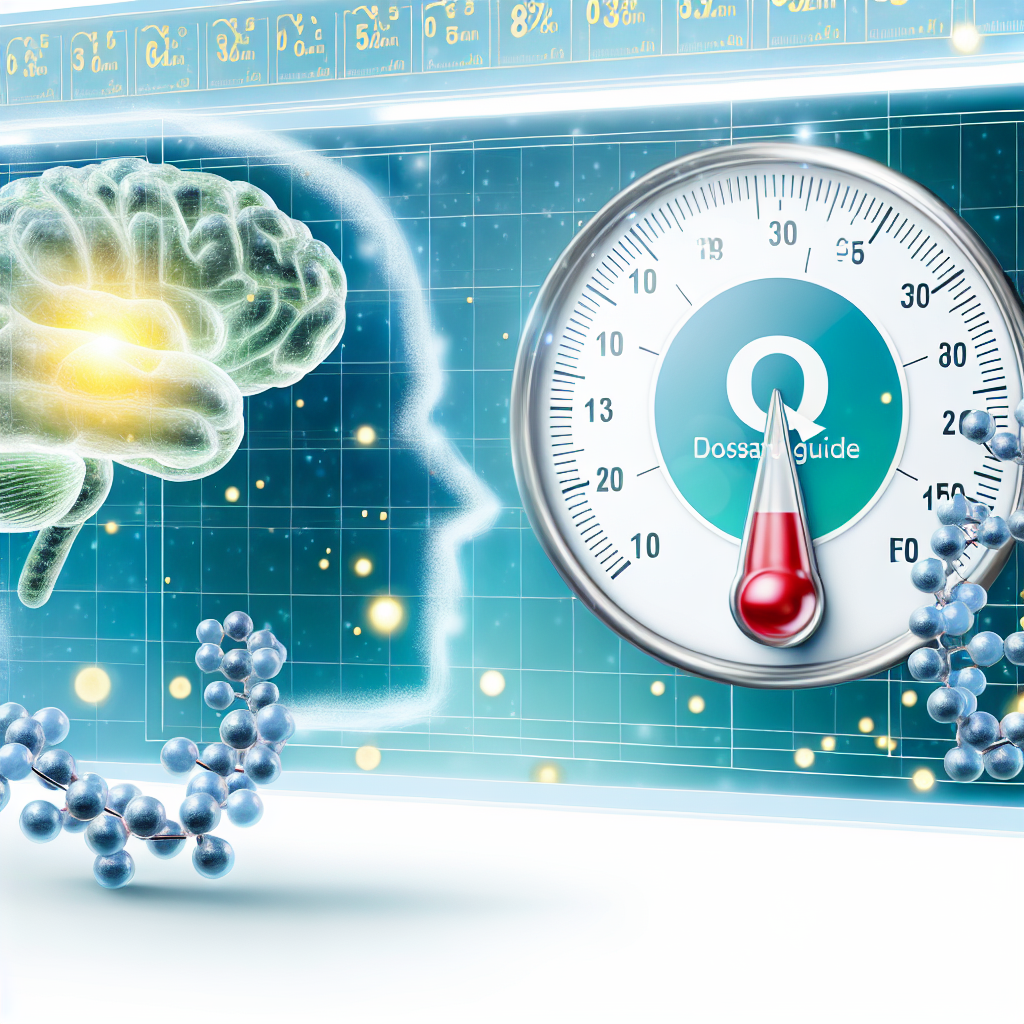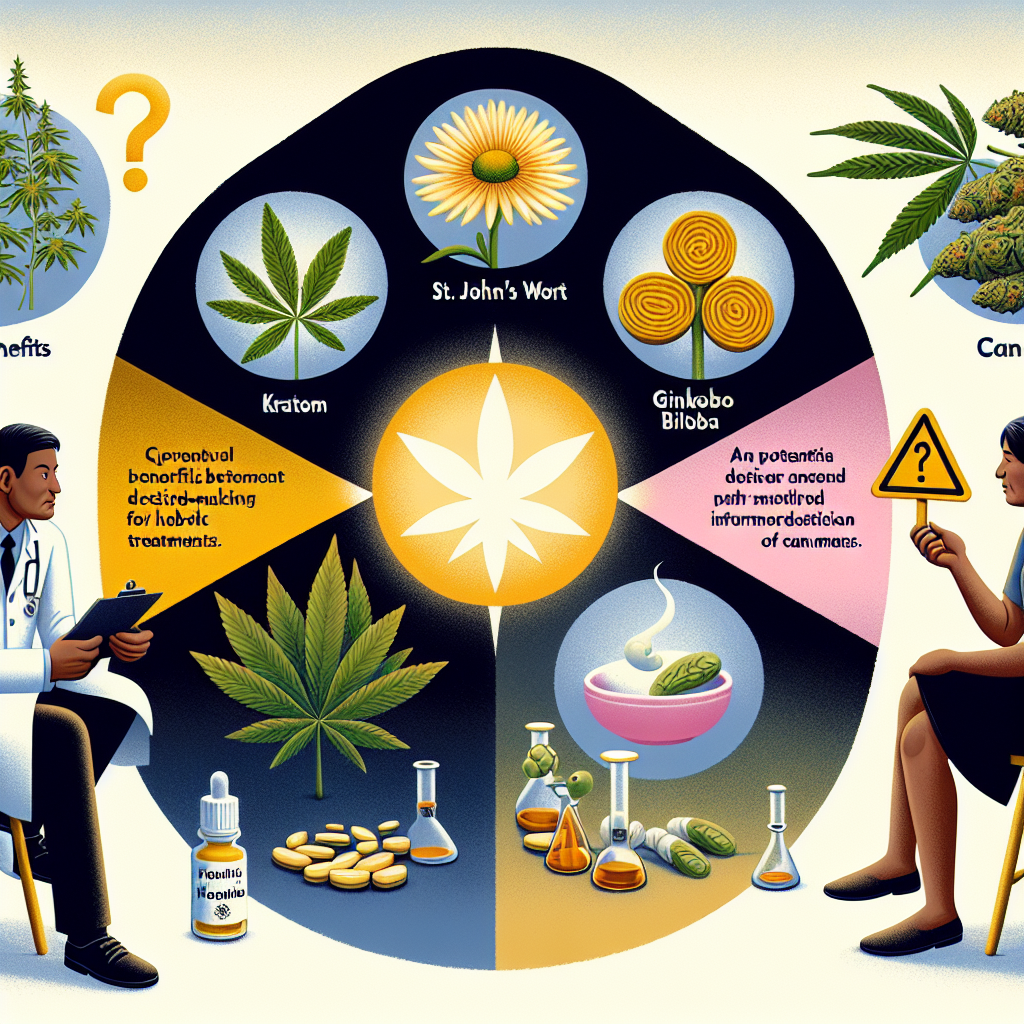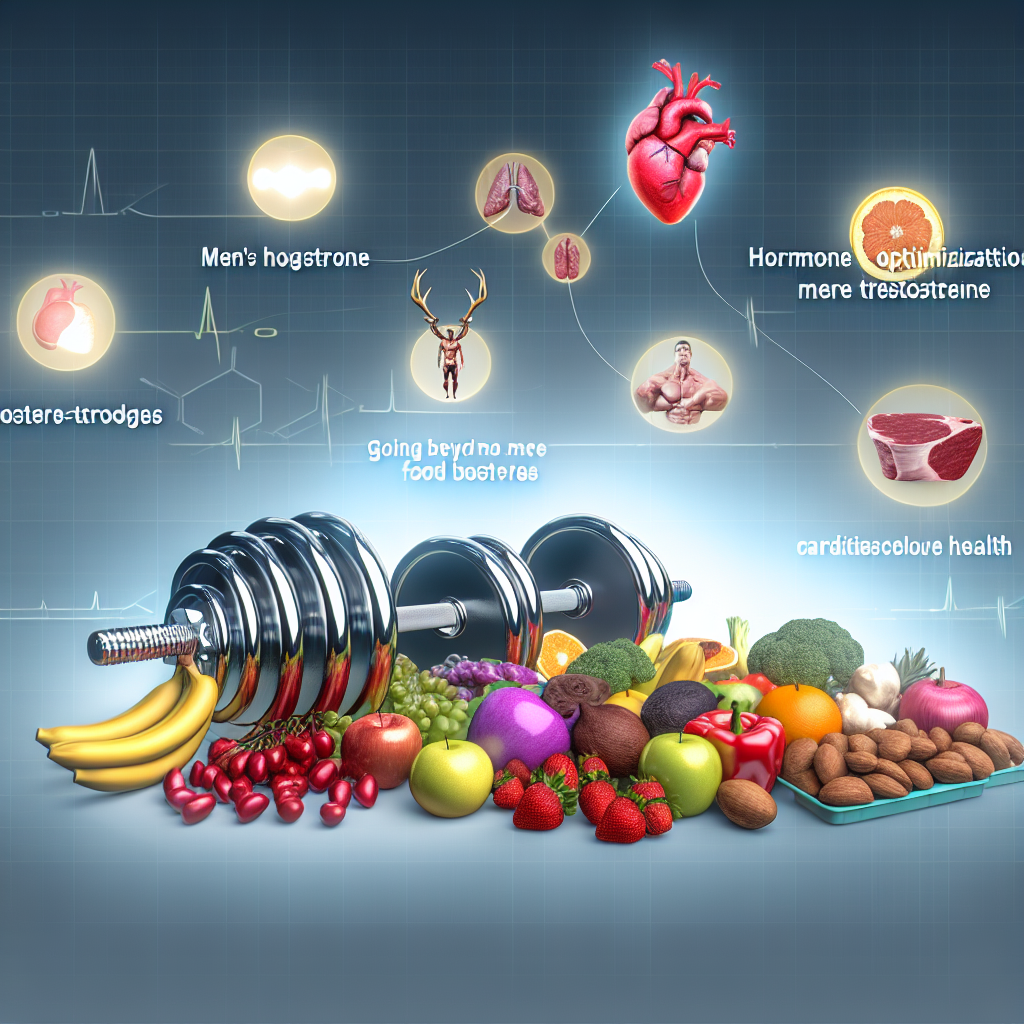Omega-3 Optimization – Brain Health Dosage Guide
Introduction
In today’s fast-paced world, maintaining cognitive clarity and brain health is more vital than ever. Among the many natural approaches to improving mental function, omega-3 fatty acids have stood out as a scientifically validated and essential nutrient class. These good fats are integral to brain development, structure, and performance—playing a role from infancy through to old age.
The term omega-3 typically refers to three primary types:
– Alpha-linolenic Acid (ALA), found in plant oils like flaxseed,
– Eicosapentaenoic Acid (EPA), and
– Docosahexaenoic Acid (DHA), found in fatty fish and algae.
Among them, **EPA** and **DHA** are crucial for the brain. DHA plays a central role in producing neurotransmitters, supporting emotional regulation, synaptic connections, and memory functions. It comprises a major structural component of the brain’s gray matter, making it particularly significant in protecting against cognitive decline and mental disorders.
For individuals avoiding synthetic medications and hormonal therapies, omega-3s represent one of the few holistic supplements with broad scientific backing. Still, dosage, source, and reliability vary. Understanding the optimal dosage of omega-3s is key. It is influenced by factors like age, lifestyle, existing mental health conditions, and prevention goals, such as protection against Alzheimer’s disease or management of depression and ADHD symptoms.
Although homeopathic and herbal enthusiasts may lean on flaxseed or chia seeds for ALA intake, scientific literature highlights that the body’s ability to convert ALA into DHA or EPA is limited—often below 10%. This makes it essential for vegans and vegetarians to turn to algae oil supplements, which provide a direct source of DHA and EPA and are 100% plant-derived.
So whether you’re a parent seeking better focus for your child, an adult looking to boost mental focus, or an aging individual aiming to stay sharp, optimizing your omega-3 intake may be one of the smartest, simplest steps for long-term brain vitality. This guide breaks down exact dosage guidelines, food and supplement options, and critical research that connects omega-3s to your brain’s performance and resilience.
Professional and Medical Studies on Omega-3 and Brain Health
A growing body of peer-reviewed research has demonstrated that omega-3 fatty acids serve not only structural roles but also modulate inflammation, neurotransmission, and neuroplasticity.
A significant study published in the journal Nutrients (2010) found that DHA supplementation significantly enhances verbal memory, information recall, and processing speed in aging populations. Subjects taking a consistent daily dose of omega-3s for six months exhibited notable cognitive improvements.
Additionally, an evidence-based review in Frontiers in Aging Neuroscience (2016) found a strong correlation between higher serum omega-3 levels and slower brain atrophy — a crucial finding for those genetically predisposed to Alzheimer’s disease.
More recently, a 2018 meta-analysis in Psychopharmacology revealed that EPA-rich omega-3 supplements effectively reduced symptoms in people with moderate to severe depression. Their efficacy is thought to stem from omega-3’s ability to reduce inflammation and influence mood-related brain chemicals such as serotonin and dopamine.
Standard clinical recommendations suggest a daily omega-3 (EPA + DHA) intake of 250–500 mg for healthy adults. However, individuals with depressive symptoms, neurodegenerative disorders, or ADHD may benefit from higher doses, between 1000–2000 mg/day, based on controlled trial results.
To optimize therapy, many practitioners utilize the Omega-3 Index—a blood test that assesses the relative content of EPA and DHA in red blood cells. This personalized measurement guides the dosing and effectiveness of supplementation strategies.
In contrast, plant-based omega-3s like flax and chia remain valuable but are far less efficient. A study in the Journal of Lipid Research confirms that the conversion of ALA to DHA in the body is less than 10%. That’s why algae oil has become the go-to solution for vegans and vegetarians seeking true brain benefits without animal-sourced products.
Taken together, these studies affirm the neuroprotective, anti-inflammatory, and functional benefits of omega-3 fatty acids, particularly EPA and DHA, across various age groups and mental health conditions.
Conclusion
In holistic nutrition and functional medicine, omega-3s are among the most well-researched, effective, and safe natural remedies for brain health. Whether you’re combating memory decline, managing mood disorders, or simply aiming to stay sharp, maintaining an optimal omega-3 level is critical.
Optimizing dosage means identifying your goals. Begin with 250–500 mg of EPA+DHA for general maintenance. Those with mood, learning, or cognitive issues may need to double or even quadruple their intake. Always consider starting with a blood test like the Omega-3 Index to personalize your strategy.
Beyond fish oil, modern extraction techniques have made algae-based omega-3 supplements highly effective for those on vegan or plant-based diets. Whole food sources—salmon, mackerel, sardines—are also excellent and provide co-nutrients like vitamin D and selenium.
Ultimately, omega-3s aren’t just a supplement—they’re a fundamental building block for a resilient, responsive brain. If your goal is long-term cognitive health, incorporating adequate omega-3 fatty acids is a step worth taking.
References
– Nutrients Journal – Omega-3 and Brain Function
– Frontiers in Aging Neuroscience – Omega-3 and Cognitive Decline
– Psychopharmacology Study on EPA and Mental Health
– Journal of Lipid Research – Omega-3 Conversion Rate in Vegan Diets
– National Institutes of Health (NIH) – Omega-3 Fatty Acids Factsheet
Concise Summary (100 words)
Omega-3 fatty acids, especially EPA and DHA, are crucial for brain development, function, and disease prevention. Backed by numerous clinical studies, they aid in memory, mood stability, cognitive function, and may help reduce depression and Alzheimer’s risk. While 250–500 mg daily is sufficient for general health, higher doses are recommended for specific conditions. Algae-based DHA sources are ideal for vegans, as plant-sourced ALA poorly converts to active forms. Utilizing tools like the Omega-3 Index helps tailor intake for optimal results. Omega-3s represent a powerful, natural solution for those prioritizing long-term brain health.

Dominic E. is a passionate filmmaker navigating the exciting intersection of art and science. By day, he delves into the complexities of the human body as a full-time medical writer, meticulously translating intricate medical concepts into accessible and engaging narratives. By night, he explores the boundless realm of cinematic storytelling, crafting narratives that evoke emotion and challenge perspectives.
Film Student and Full-time Medical Writer for ContentVendor.com




